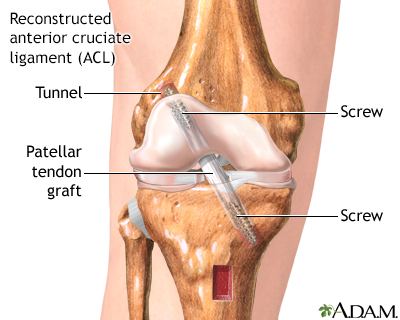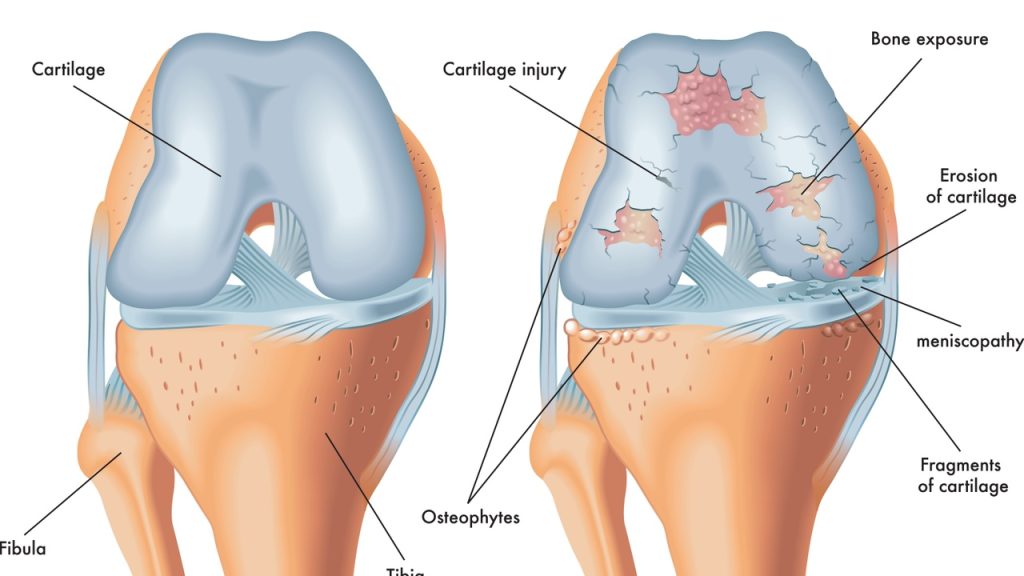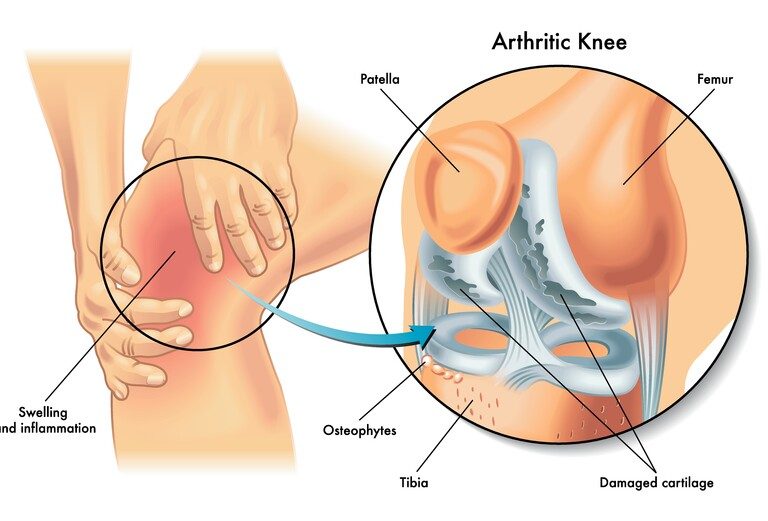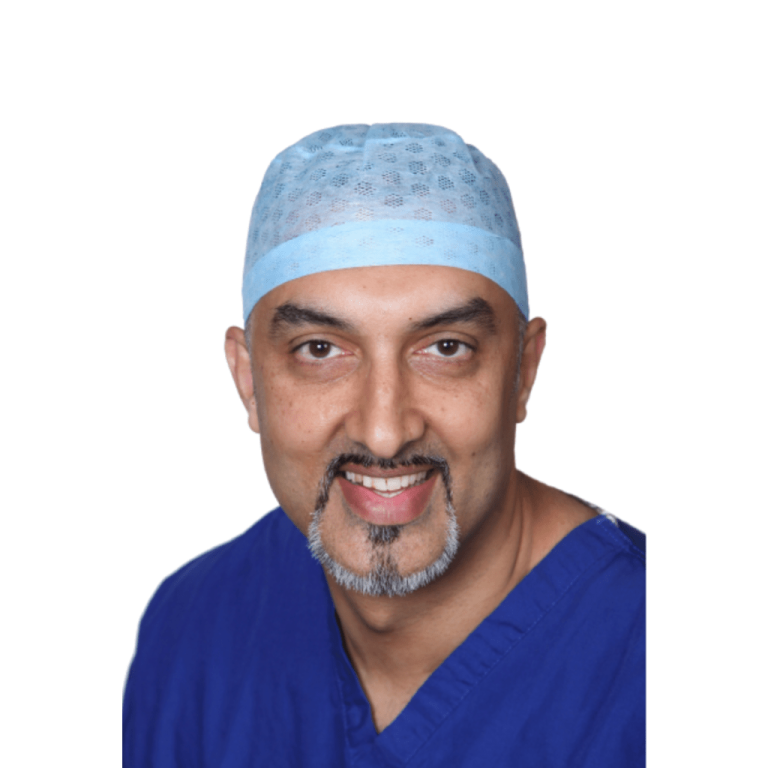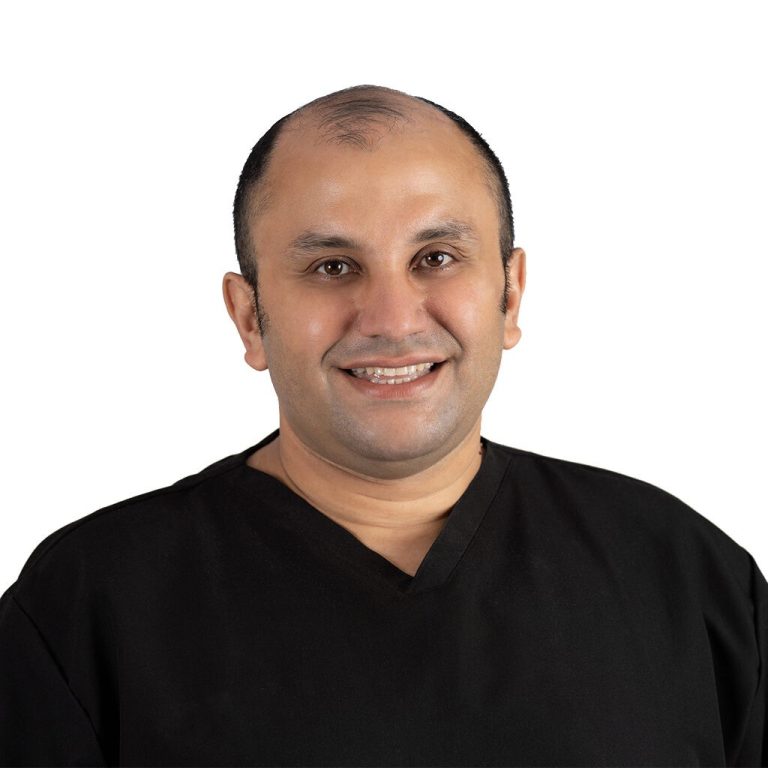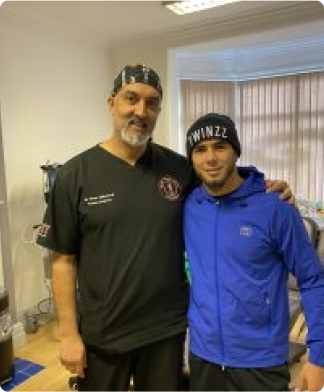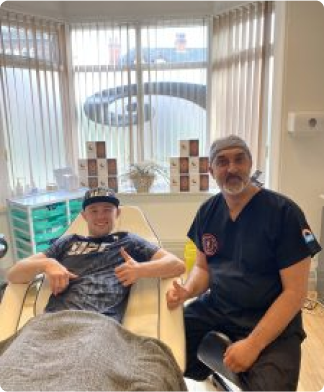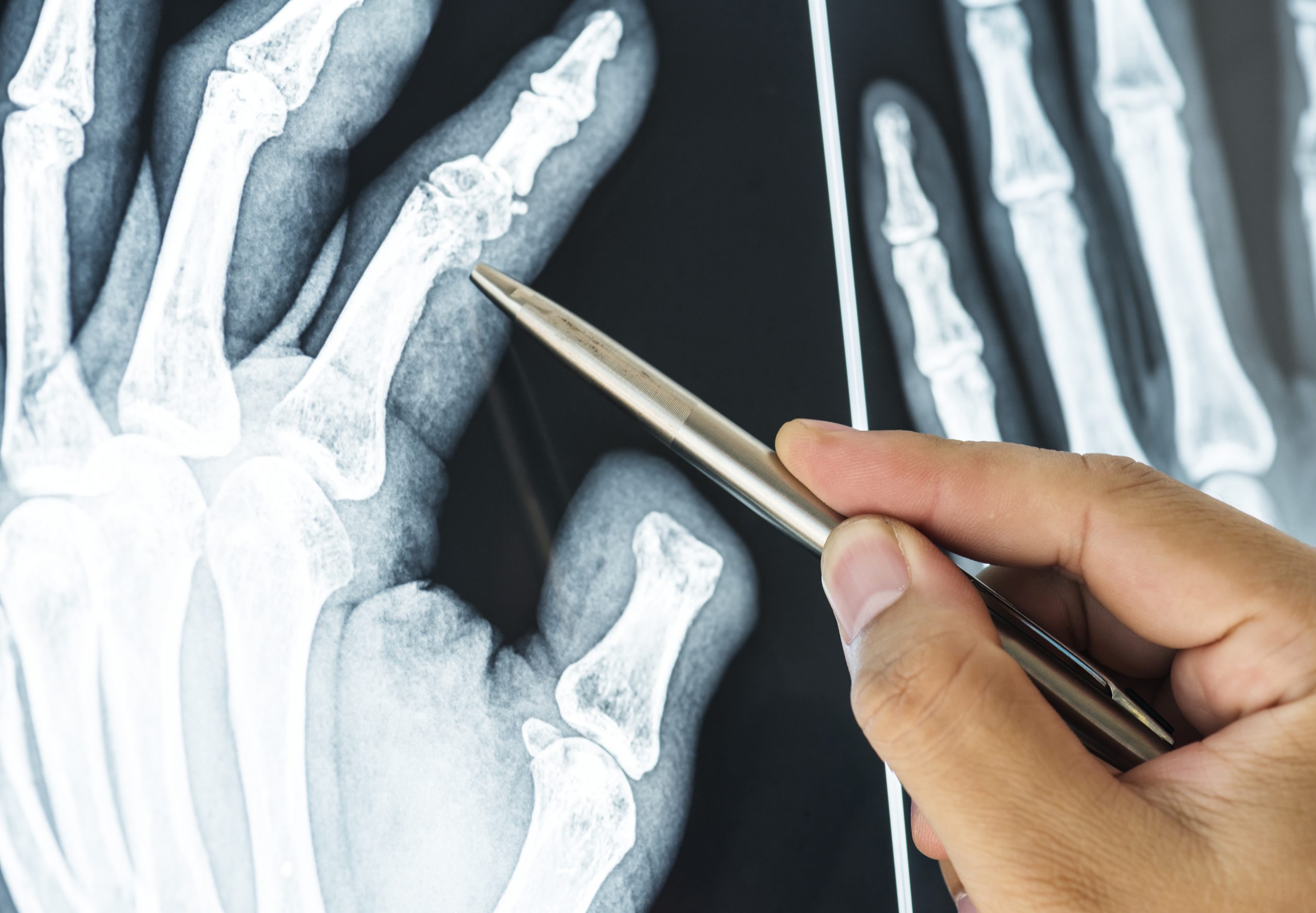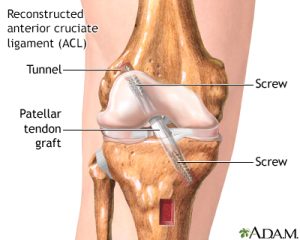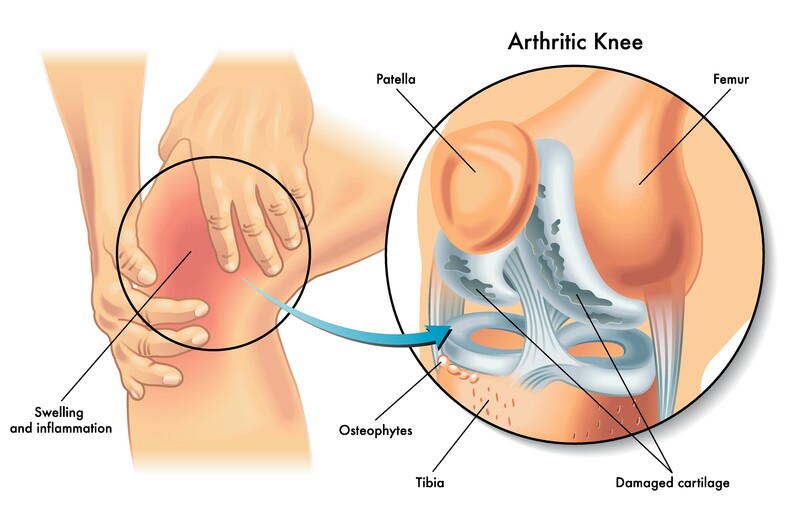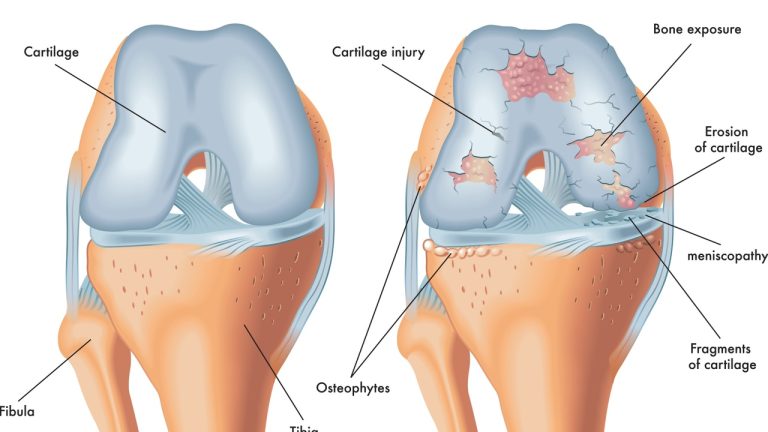- For Patients

- Condition Finder
Orthopaedics & Sports Injuries
Please select a part of the body from the figure opposite.
Please choose
Please select a part of the body from the diagram opposite. Click on that body part for more information about treatments.
Hip conditions
- Bursitis
- Hip fracture.
- Inguinal hernia.
- Sprains.
- Tendinitis. Dont know? Please contact the admin team
Knee conditions
- Ligament injuries.
- Meniscus tears.
- Arthritis.
- Rheumatoid arthritis.
- Post-traumatic arthritis.
Dont know? Please contact the admin teamShoulder conditions
- Avascular necrosis
- Brachial plexus injury.
- Broken collarbone.
- Bursitis (joint inflammation)
- Cervical radiculopathy.
Dont know? Please contact the admin teamAnkle conditions
- Sprains
- Tendinitis
- Arthritis
- Fractures
- Osteochondral defects
Dont know? Please contact the admin teamWrist conditions
- Repetitive Motion
- Physical Impacts
- Arthritis
- Ganglion Cysts
- Carpal Tunnel Syndrome.
Dont know? Please contact the admin teamElbow conditions
- Broken arm
- Bursitis
- Golfer's elbow
- Osteoarthritis
- Osteochondritis dissecans
Dont know? Please contact the admin teamSpine conditions
- Herniated disc
- Muscle strains
- Muscle injury.
- Pinched/compressed nerves.
- Narrowing of the spinal canal
Dont know? Please contact the admin teamContact Us
If you're unsure as to what your conditions are our team is here to help.
Don't wait in Pain, get in touch with our team of experts today and begin your path back to wellness!
- Meet the Team
- Blogs & Articles
- Speak To Our Team


